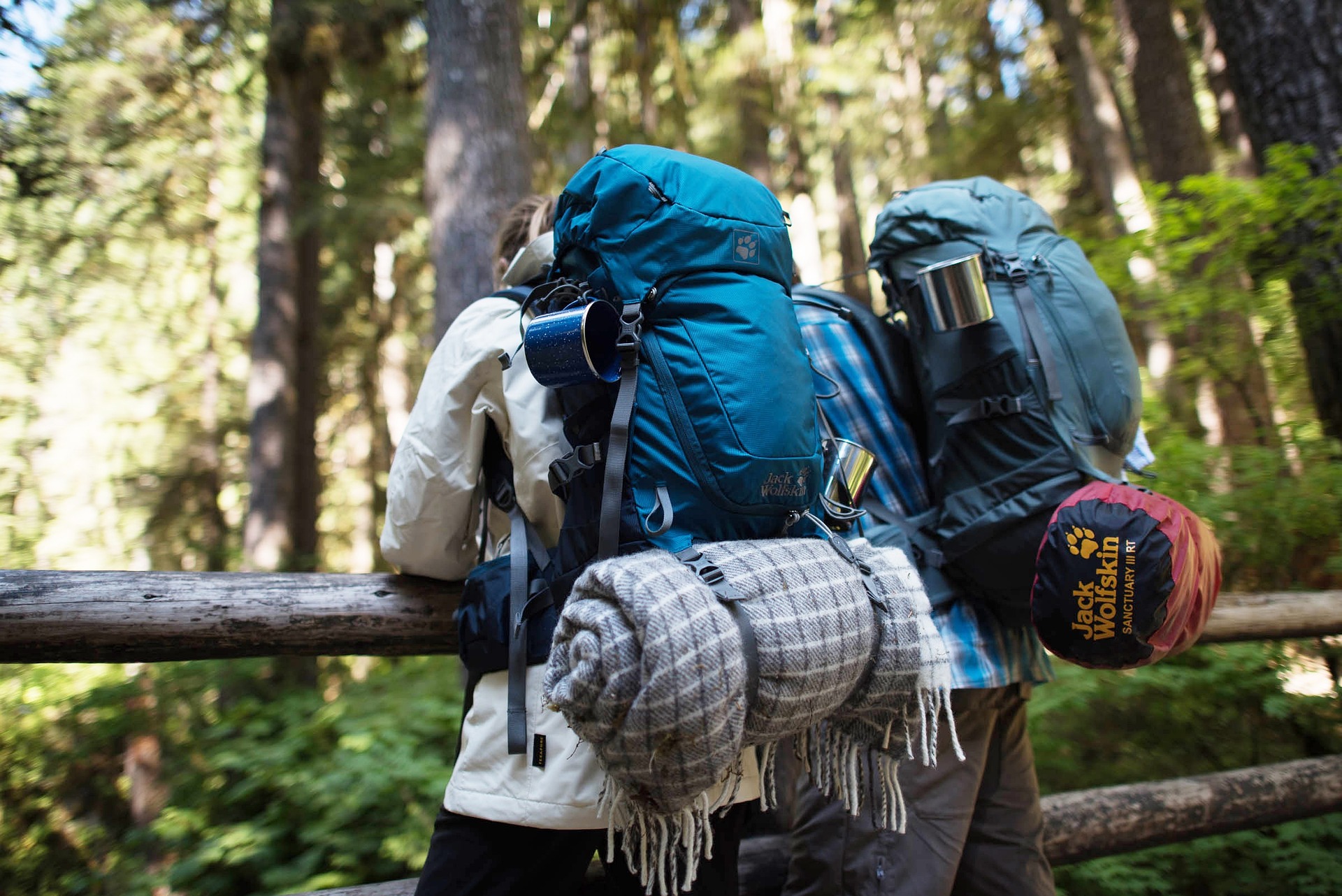"Discovering the Magic of Overland Travel: A Fresh Perspective on a Time-Honored Tradition"
An epoch ago, most explorers had no other choice but to traverse vast continents on foot, horseback, or by wagon. Today, the resurgence of overland travel offers an immersive, eco-conscious, and adventurous alternative to traditional modes of transportation. This article journeys through the history of overland travel, its resurgence in the 21st century, and how it impacts travel trends and culture today.
Overland Travel: A Journey Through Time
Overland travel’s roots trace back to prehistoric times when nomadic tribes roamed the earth. It was a necessity rather than an adventurous pursuit. Over time, the development of roads, railways, and air travel nudged overland travel into the background. However, the growing desire for authentic, immersive experiences has seen it reemerge as a popular travel trend.
The Resurgence of Overland Travel
Today’s overland travel is a far cry from the arduous journeys of yesteryear. With the advent of modern off-road vehicles equipped with advanced navigation technology and creature comforts, overland travel has become more accessible and enjoyable. It appeals to those who prefer a slower pace, allowing them to connect with nature and local cultures along the way.
Advantages, Challenges, and Impacts of Overland Travel
Overland travel provides an in-depth understanding of landscapes and cultures that are often missed by other forms of travel. However, it also presents challenges, including logistical planning and environmental responsibility. Despite these challenges, it positively impacts travelers by fostering resilience, adaptability, and a deeper appreciation for the world around them.
Essential Insights for the Overland Traveller
-
Overland travel demands thorough preparation. Research your route, consider potential obstacles, and pack essentials like first aid kits, spare parts, and camping gear.
-
Respect for local communities and environments is paramount. Follow local customs and leave no trace to preserve these areas for future explorers.
-
Overland travel is not a race. Take the time to immerse yourself in the surroundings, engage with locals, and enjoy the journey rather than focusing solely on the destination.
The Future of Overland Travel
As travelers seek more authentic experiences, overland travel is poised to grow further. Increased awareness about sustainable practices and advancements in eco-friendly vehicles will likely shape its future trajectory.
In conclusion, overland travel offers a unique perspective on the world, marrying adventure with cultural immersion. By understanding its history, current trends, and future potential, travelers can embark on their own overland journeys with a new level of insight and appreciation. Through careful planning and respectful engagement, overland travel can truly become an exploration of not just physical landscapes, but also of personal boundaries and cultural understanding.







